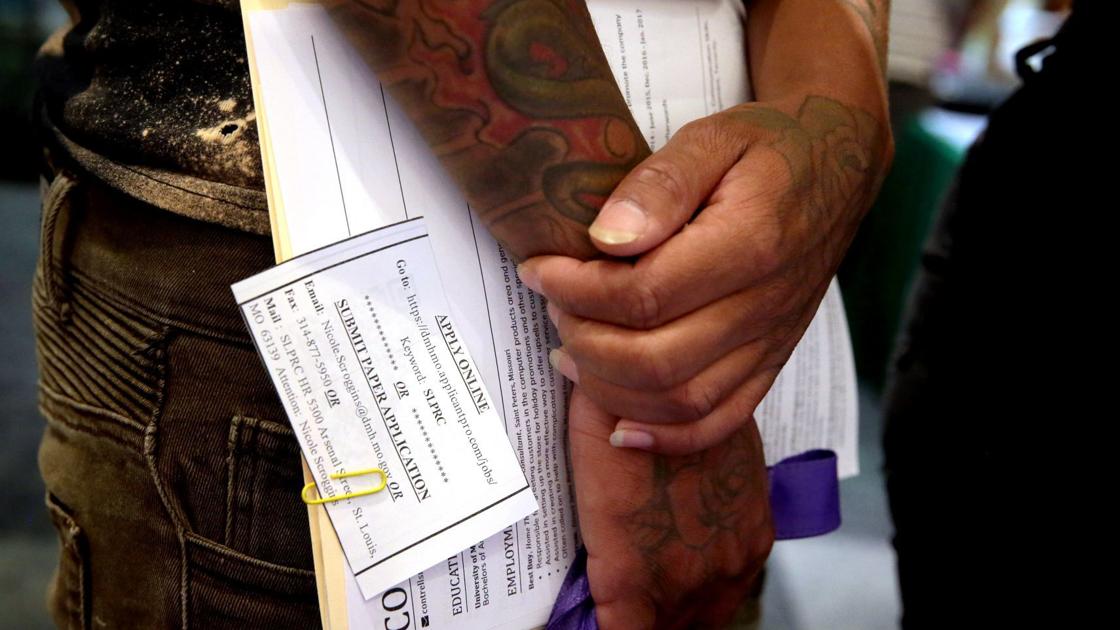Seventy-two million Americans rely on Medicaid for health care.
Tennessee’s innovative Medicaid program is offering bonuses to mental health providers who help make sure their Medicaid patients get preventive help and treatment for physical ailments too.
Boston Medical Center, Boston Children’s Hospital, and Brigham and Women’s plan to spend about $3 million over three years, saying that housing plays a critical role in health.
Studies show poor children living in “high opportunity” areas have a better chance at success. A program in the Seattle area to help families move to better neighborhoods has seen promising results.
The St. Louis area’s segregation makes improving social mobility and access to economic opportunity more difficult.
Suburban poverty has long been on the rise. Today, by some researchers’ count, there are roughly 3 million more Americans living in poverty in suburbs than in cities.
Many low-income college students across the country are skipping meals, buying cheap junk food, or devoting time that could be spent learning to searching for free food events.
Massachusetts lawmakers are working this summer to target more resources at the state’s lowest-income students. But first, there’s no agreement on how many students are in poverty in state schools.








